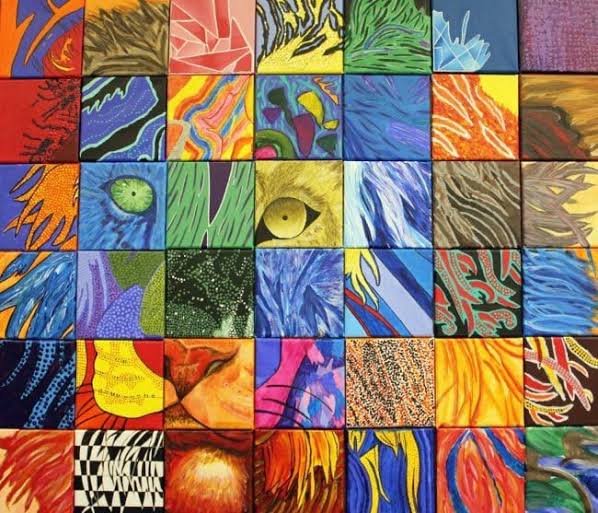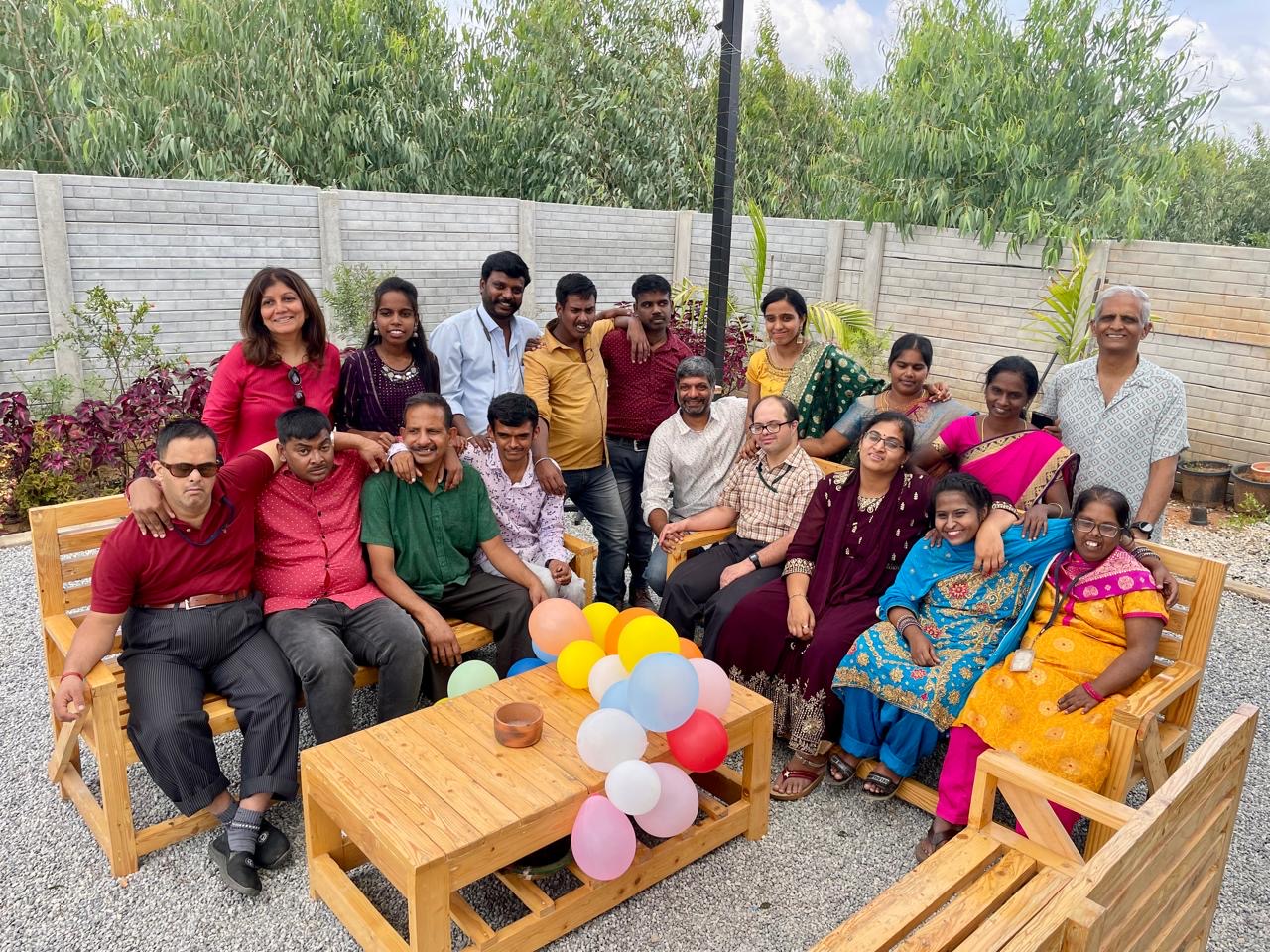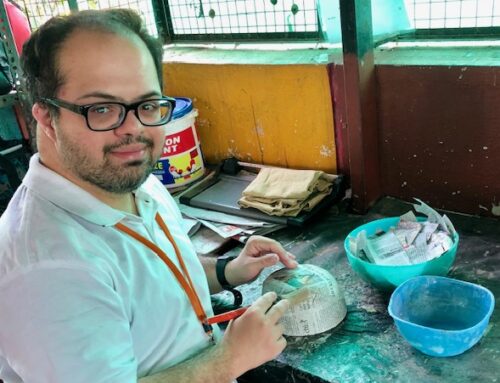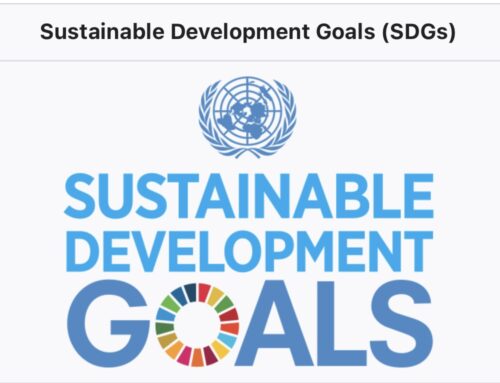The True Hurdle: Our Demand for Perfection

When Richard Rohr talks about "the demand for some supposed perfection" being the enemy of daily goodness and joy, it hits home profoundly in the context of intellectual disability. It is not the disability itself that diminishes life, but those harmful societal standards that silently, or not so silently, measure a person's worth. We've built these arbitrary yardsticks around things like academic achievement, relentless productivity, total independence, or strict conformity to neurotypical norms. And frankly, they're often more about our comfort with sameness than about genuine human value.
People with intellectual disabilities simply don't fit these conventional molds, and why should they have to? Their lives are absolutely no less rich in goodness or joy. In fact, it's often in those small, everyday moments—the shared laughter that erupts, the unreserved acts of care, their unique forms of creative expression, or simply their pure, unadulterated presence—that their humanity shines the brightest. These aren't just moments; they are the very essence of a deeply lived life, full of authentic connection and unfiltered emotion.


The real barrier, then, isn't the intellectual disability itself. It’s society’s unyielding expectation of perfection: this ingrained idea that value stems only from ticking off specific benchmarks. This mindset doesn't just marginalize and exclude those with intellectual disabilities; it also tragically blinds the rest of us. We miss out on the incredible wisdom, the refreshing authenticity, and the profound relational gifts that people with intellectual disabilities inherently offer.
When we finally manage to stop idolizing perfection, a truly transformative shift happens. We begin to see clearly—the undeniable beauty in difference, the inherent dignity in every single life, and the sacred, profound simplicity of just being. And that, in itself, is a source of immense goodness and joy for everyone.










Leave A Comment